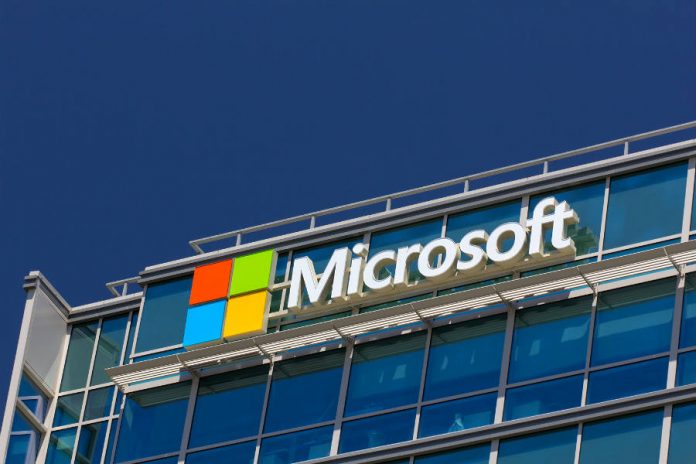
How can other companies support Microsoft in its legal battle against the DOJ?
Seattle, Washington – Over eighty companies, press associations, and legal groups have banded together to file amicus curiae briefs in support of Microsoft Corporation’s lawsuit against the United States Department of Justice (DOJ).
The coalitions submitted the briefs on Friday, September 2, the deadline for third parties to file amicus briefs in the ongoing case.
The support movement follows Microsoft’s initial lawsuit filing back on April 14, claiming that some of the governmental actions by the Justice Department were unconstitutional.
Specifically, the company alleged the DOJ prevented the tech industry from informing users about the government’s searching on their data. This, Microsoft says, violates fundamental rights established in the First and Fourth Amendment of the U.S. Constitution.
Alphabet’s Google, Apple, Mozilla, Dropbox, Amazon, Snapchat, and more are among the companies filing for friend-of-the-court briefs in support of Microsoft.
Why did Microsoft sue the Department of Justice?
In spite of engaging in questionable practices and many having opposing views, companies have found common ground in the long-standing battle to defend its user’s privacy. The campaign is perhaps most famously preceded by Apple’s fight against the FBI for users’ privacy in a controversial terrorism case earlier this year.
The government agency filed a lawsuit against the tech giant to force them to collaborate in accessing data from an iPhone belonging to one of the responsible for the deaths of 14 people in San Bernardino, California in late 2015.
Back when it initially started, a similar move spearheaded by Google, Facebook, and Microsoft also supported Apple in its efforts to protect users’ data above all else, even from federal bodies like the FBI.
However, despite the tech companies’ firm stand, the government agency ended up dropping the lawsuit when it managed to access the data without Apple’s help.
How can the DOJ access private information without people’s consent?
Now Microsoft battles for transparency. The firm and its supporters claim the Department of Justice regularly conducts non-reported data searches on the company’s customers.
The way in which the DOJ does this is in the form of “gag orders”. The federal body has to formally demand access from the company to see and search their users’ data but said users do not have to be informed about it if a gag order is attached.
In this way, the Justice Department has filed over 5,500 demands for data access to Microsoft over the course of a year and a half. The tech giant claims gag orders make up for almost half the requests. Moreover, nearly 1,800 of those orders had no specific time restrictions, giving the DOJ indefinite access to perpetually monitor someone’s data.
Moreover, nearly 1,800 of those orders had no specific time restrictions, giving the DOJ indefinite access to perpetually monitor someone’s data.
The Department of Justice’s primary instrument to engage in these practices is the 1986 Electronic Communications Privacy Act. Microsoft claims that articles in the legal document allow the agency to bypass Fourth Amendment notification rights pertaining government seizing of citizen’s property.
Several companies’ amicus briefs included similar claims to those of Microsoft, including Apple’s report stating it had received nearly 600 gag orders so far in 2016. Facebook is notoriously missing from the list of supporters, but representatives said the company would follow the case closely. As of now, a trial date for the case is still pending.
Source: Reuters










